2023
Unequal Access to UN Human Rights Bodies

The United Nations Special Procedures operate a human rights complaint mechanism for individuals. Despite being open for all individuals in principle, complaints are frequently filed by socioeconomic elites from high-income countries.
Geopolitical Echoes of the Karabakh Conflict
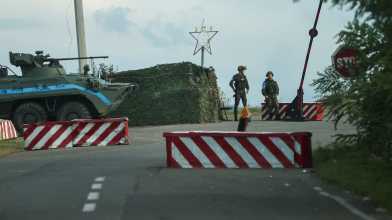
The capture of Nagorno-Karabakh by Azerbaijani forces in September 2023 signaled a regional power shift. The Armenian military stayed out of the conflict, and Russian troops stationed on the ground to maintain peace failed to prevent hostilities. As Russian influence declines, Armenia is reassessing its relationship with Moscow. Prospects for peace are uncertain and fears of renewed conflict persist.
The New Frontier of Space Militarization
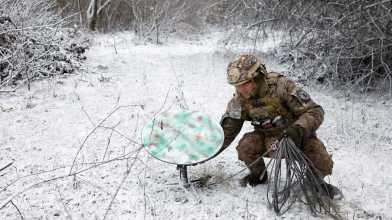
The exploitation of space today is increasingly driven by the innovations of private actors. Confronted with Russia’s military aggression, Ukraine showed how nations with little or no space capabilities can leverage commercial space infrastructure for combat. The massive reliance on commercial actors to provide vital support for Ukraine’s military operations suggests a new round of the militarization of space, one that private actors increasingly dominate.
Bulletin 2023 on Swiss Security Policy
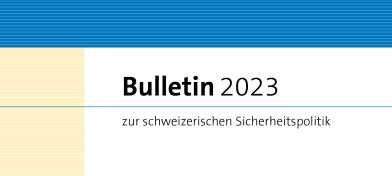
The Bulletin 2023, which deals with current Swiss foreign and security policy topics, is now available.
Cyber Rapid Response Teams: Structure, Organization, and Use Cases

Cyber rapid response teams are becoming an increasingly prevalent form of incident response and mitigation at the national and supranational level. Nation-states and international organizations have begun building out teams to efficiently manage incidents and leverage expertise across borders.
Assessing Hybrid War: Separating Fact from Fiction

Fear of “Hybrid War”, a blanket term describing gray zone aggression short of all-out war, remains widespread. Many expect information technology to enable revolutionary gains in this strategic space. Yet, Hybrid War’s track record does not support these expectations. Consequently, it is crucial to conduct a more systematic assessment of the different instruments used under this umbrella term.
Making Cyber Attribution More Transparent

Following the example of Intrusion Truth, governments should substantiate their attribution statements that identify the perpetrators of malicious cyber operations with open-source intelligence, argues Eugenio Benincasa in this issue of the CSS Policy Perspectives series.
The Role of Mediation Support Structures

Mediation is effective, under certain conditions. Yet the increase in geopolitical polarization and armed conflict raises the question of how mediation can be sustained and improved. Mediation support is one option, albeit not the only one, argue Simon J. A. Mason and Mukondeleli Mpeiwa in this edition of the CSS Analyses in Security Policy Series.
UN Peacekeeping
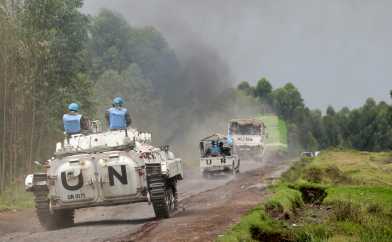
The 75th anniversary of UN peacekeeping is cause for celebration. Research shows that UN troops can effectively curtail violence in wars between and within states. Yet, peacekeeping has always been shaped by the geopolitical landscape, and the renewed great power competition coupled with antiliberal tendencies worldwide are a formidable challenge for the organization, argues Corinne Bara in this edition of the CSS Analyses in Security Policy Series.
Satellite Imagery for Disaster Resilience
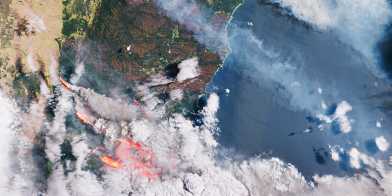
Increasing natural hazards and complex emergencies require optimizations in the Swiss civil protection system. Joining the EU’s Copernicus program could ensure satellite imagery access for disaster risk reduction, helping to save lives, argues Jurgena Kamberaj in this issue of the CSS Policy Perspectives series.